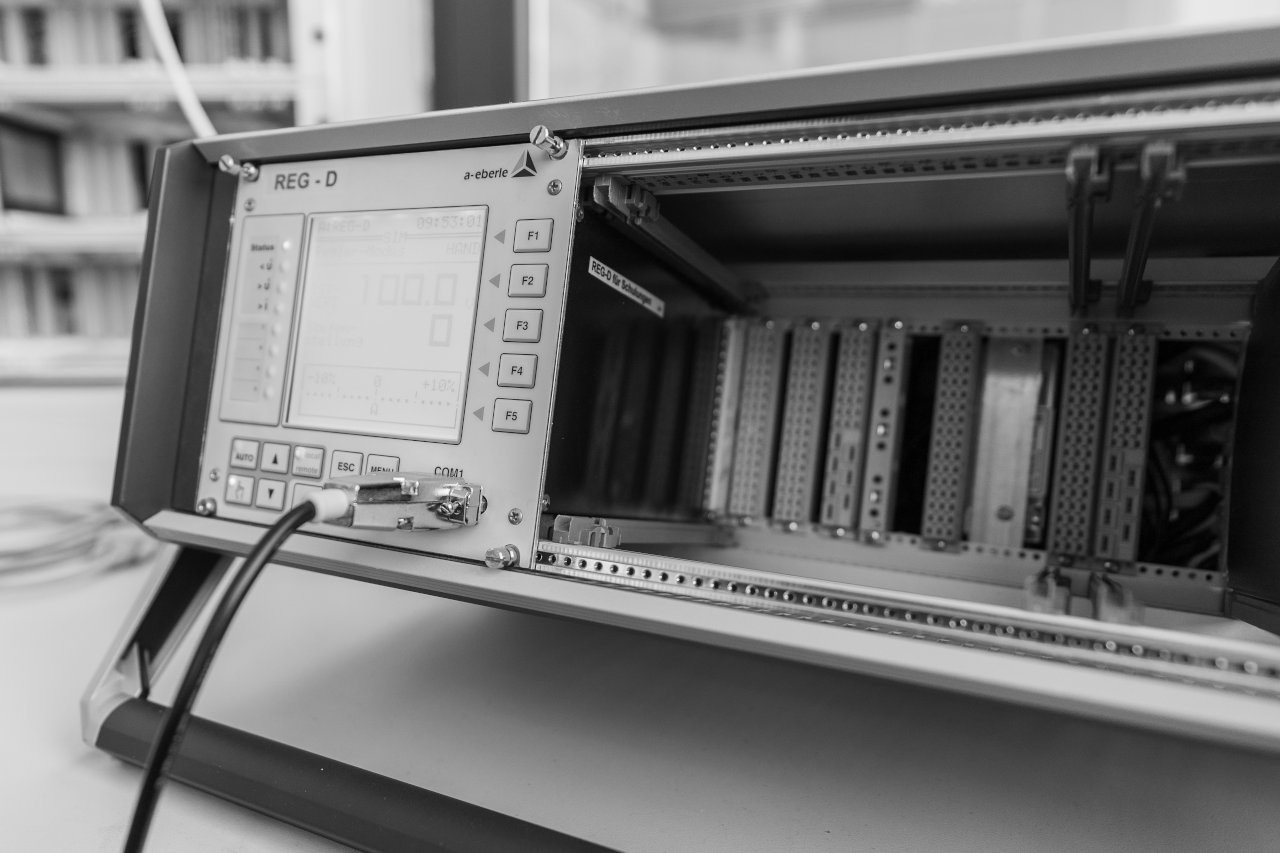
»EORSys« Webinar: Future-proof Integration of Digital Substations in the Distribution Grid
Webinar recording from 2024-07-11: »EORSys – Future-proof Integration of Digital Substations in the Distribution Grid«.

Voltage Monitoring
Find out everything you need to know about voltage monitoring in this article. What is voltage monitoring, why is voltage monitoring essential for both energy supply companies and industrial companies and how is it implemented in compliance with standards?

What Is Load Profile Measurement/Power Measurement?
This article explains the definition and difference between load profile measurement (RLM), power measurement and measuring the standard load profile. These are important methods for accurately recording energy consumption in commercial, large industrial plant as well as in the public energy grid.

»PQMobil« Training Video 4: Create and Configure PQ Reports With Software WinPQ mobil
This video explains everything about creating and configuring power quality reports with »WinPQ mobil«.

Experimental Validation of a Low-Voltage Regulator Model – Case Study of a Maltese Low-Voltage Grid
This application report addresses the integration of the »LVRSys® Low-Voltage Regulation System« into the low-voltage grid in Malta.

»PQMobil« Training Video 3: Usability & Functions of the PQ-Box App
This video gives you an introduction to the usability and functions of the »PQ-Box App« for our portable power quality analysers.

»PQMobil« Training Video 2: Menu Navigation and Operation of the PQ-Box
In this short introductory video, we present to you how to navigate and operate our portable power quality analysers »PQ-Box 150«, »PQ-Box 200« & »PQ-Box 300« of the PQ-Box family.

»PQMobil« Training Video 1: Getting Started with the PQ-Box
This video shows in detail how to connect the »PQ-Box« and record measurements. The »WinPQ mobil« software is then used to visualize and analyse the measurement data and create a report.

The Future of the Distribution Grid: Focus on Digital Secondary Substations
In this technical report, Gerald Jacob (Product Manager »EORSys«) uses a specific example to illustrate how distribution system operators can meet the challenges of energy transition in the medium and low-voltage grid with future-proof secondary substations.

Earth fault explained – basics and functions of an electrical phenomenon
Everything you need to know about earth faults – from the basics, causes and examples to the consequences. Find out more in this article about earth fault clearing, compensation, location and the benefits of constant monitoring to ensure a safe power grid.
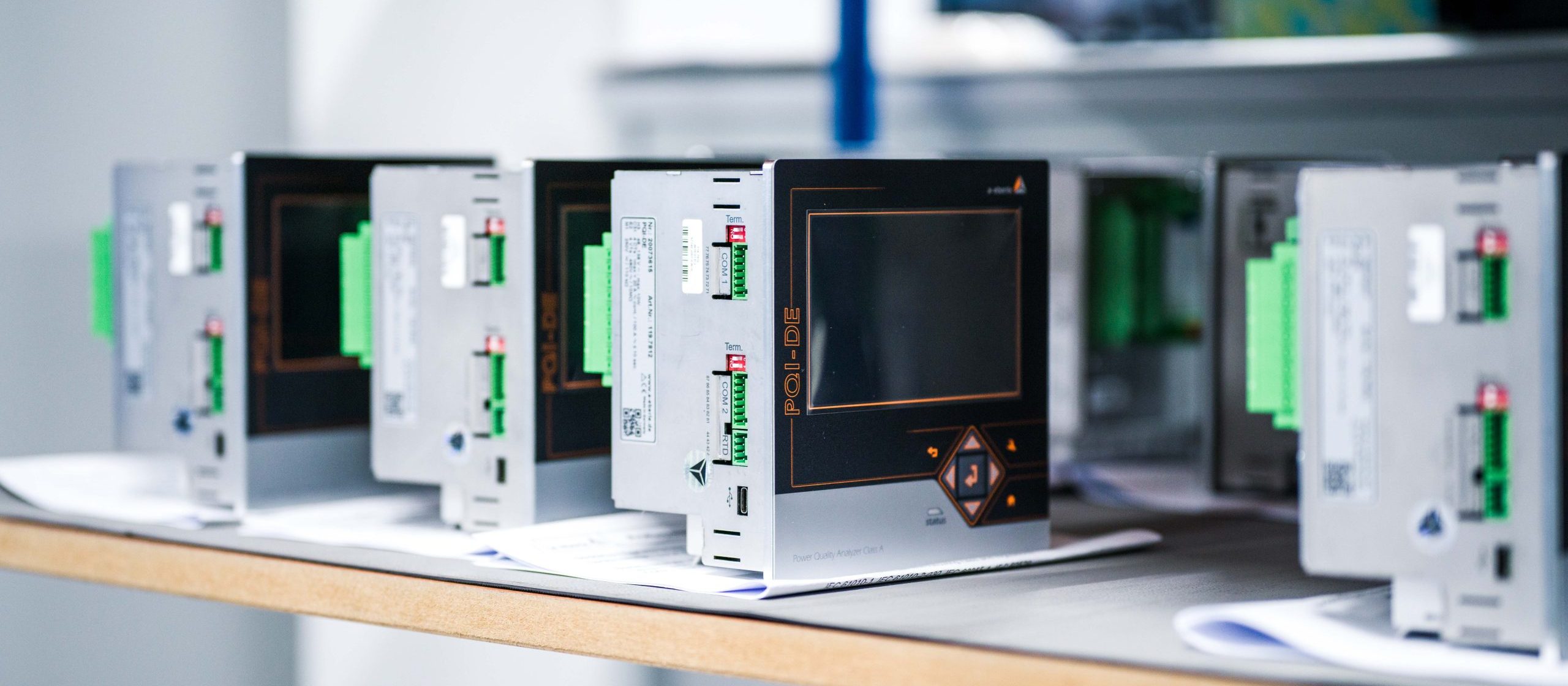
Residual current
In this article, you will learn about residual current measurement & residual current monitoring and why it is important to measure residual current.
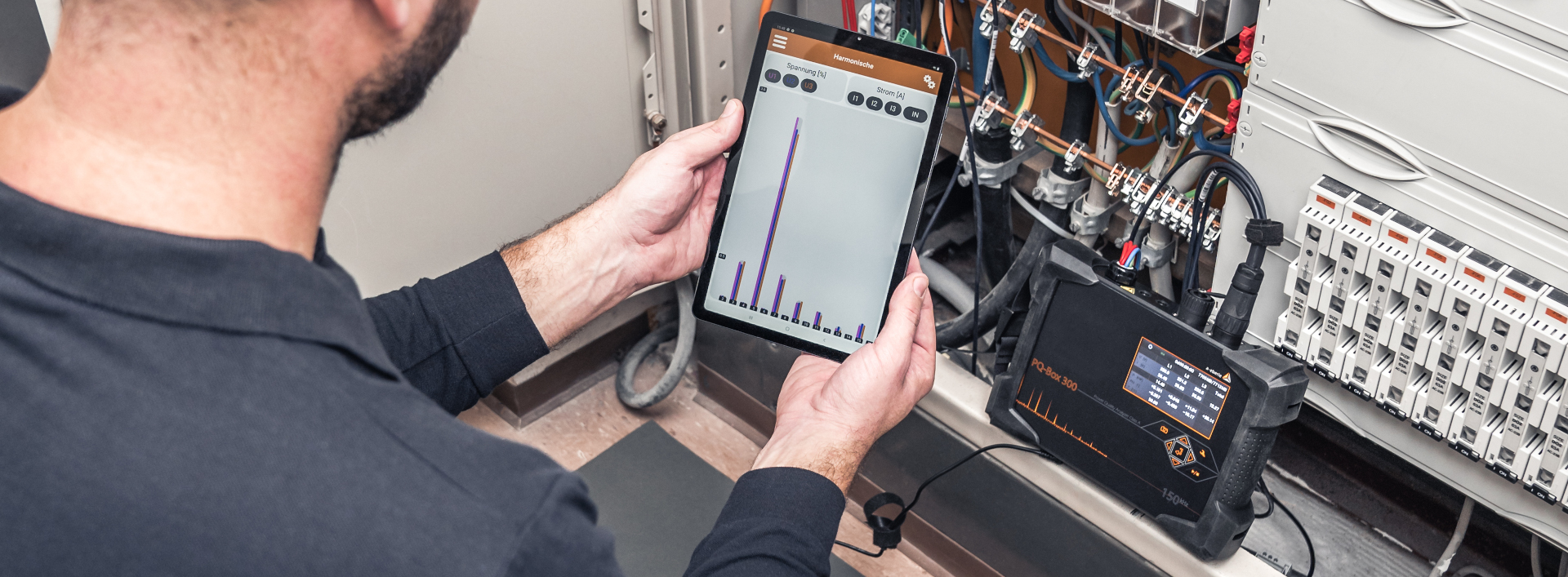
Power Quality
Good power quality is characterized by the fact that the mains voltage actually arriving at the consumer matches the mains voltage promised by the utility company.

Reactive power – definition, calculation and measurement
The key role of reactive power in electrical engineering: definition, calculation, measurement and the differences to active power and apparent power. Find out how reactive power influences the efficiency of electricity grids and shapes energy transmission.

What is apparent power and how is it calculated?
This article addresses the question of what apparent power is and how to calculate it. An understanding of apparent power is crucial for the correct dimensioning of inverters and therefore for the optimum efficiency and performance of photovoltaic systems.

Ready for the smart grid of the future?
All information about smart grids/intelligent power grids, the technology behind them, advantages, disadvantages, challenges and current distribution.

Information Letter No. 24: Integration guide for the metering of a power plant according to the Requirements for Generators (2016/631) RfG
Integration guide for the measurement of a power plant (EZA) according to VDE-AR 4110 and VDE-AR 4120.

Info Letter No. 23: Direction of harmonics Sources of harmonics in the power system
Le sens du flux de puissance des harmoniques est déterminé par le signe de la puissance activ

Info Letter No. 22: Definition of power measurements according to the standards DIN 40110-2 and IEEE 1459
There is a wide range of electronic measuring devices for the digital measurement of power…

Info Letter No. 21: The influence of the contact resistance at the earth-fault location on the zero sequence voltage UEN in compensated networks
The earth fault in compensated networks is usually presented without a contact resistance at the fault…
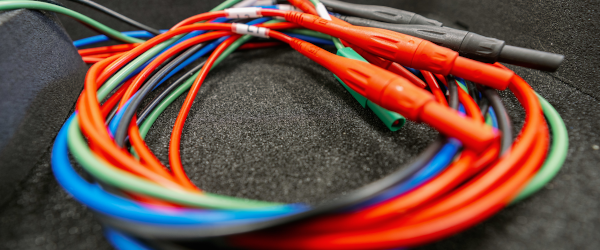
Info Letter No. 20: Capacitance of conductors
In the conductors of electrical power supplies, a distinction is made between the operating capacitance…

Info Letter No. 19: The evaluation of power quality and detection of interference in medium voltage network
For various reasons, interest in the continuous monitoring of network quality in medium-voltage…
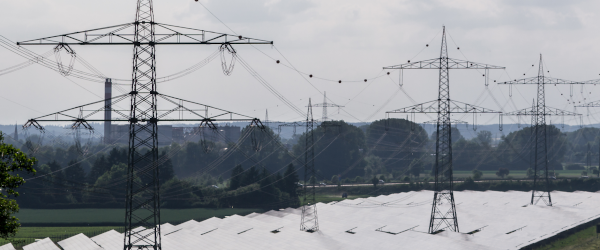
Info Letter No. 18: Transient relay for high resistance, intermittent and recurrent earth faults (Part 2)
Figure 3 can also be used for the determination of static earth faults. In an isolated network the entire…

Info Letter No. 17: Transient relay for high resistance, intermittent and recurrent earth faults (Part 1)
The statistics show that earth faults constitute a large proportion of network faults. Conventional relays…
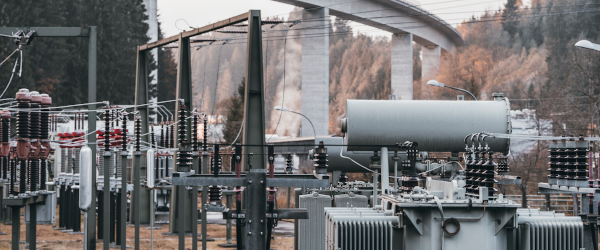
Info Letter No. 16: Hot-spot temperature and service life of transformers
The failure of a transformer not only has major economic consequences for the energy supplier, it can…
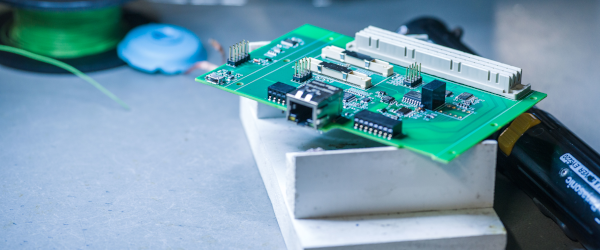
Info Letter No. 15: Earth fault location using the harmonic procedure (Part 2)
For the study of the behaviour of the harmonic currents and voltages in the compensated network, at…

Info Letter No. 14: Earth fault location using the harmonic procedure (Part 1)
For the following considerations a network with three outputs and an earth fault in line 1 in output…
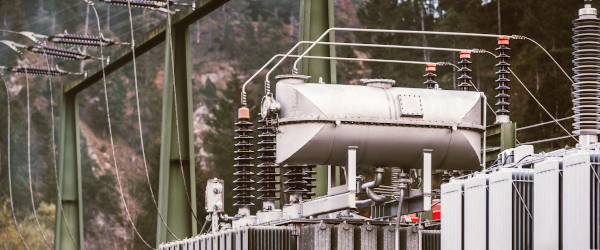
Info Letter No. 13: Parallel operation of step transformers
The rule of thumb that with parallel operation of transformers the ratio of the rated outputs should not…
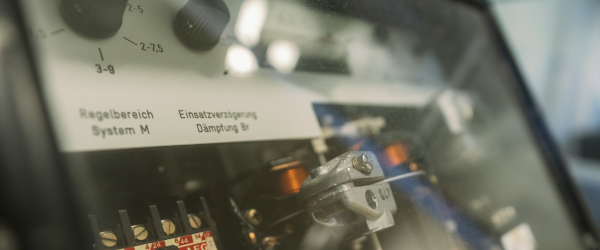
Info Letter No. 12: E-coil control: Resonance curve procedure – Location curve procedure
In “compensated networks” the current through the point of failure is minimised with the help of an…
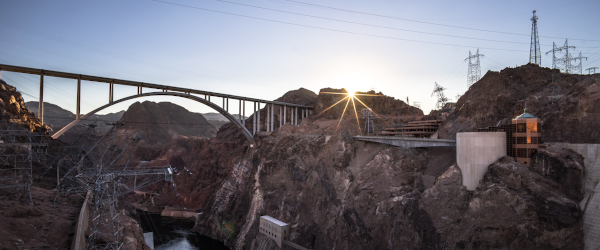
Info Letter No. 11: Voltage regulation with step transformers in parallel to busbars (Part 3)
Direct measurement of the circulating current is not possible with the usual measurement…

Info Letter No. 10: Voltage regulation with step transformers parallel to busbars (Part 2)
The following considerations apply to a symmetrical operation of a three-phase network, so that the…

Info Letter No. 9: Voltage regulation with step transformers in parallel to busbars (Part 1)
Within a station, the transformers are in close proximity. Therefore, the line impedances between the…
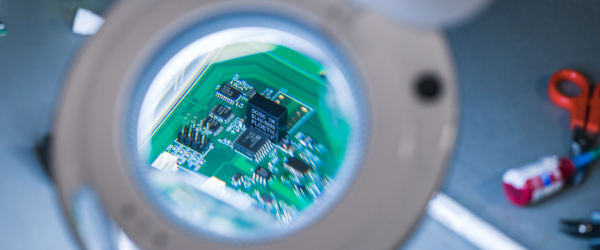
Info Letter No. 8: Apparent power and reactive power in three-phase networks
The range of electromechanical and electronic measuring devices in analog – and digital technology…

Info Letter No. 7: Load-dependent voltage change
For the regulation of the voltage ULoad at a predetermined value at the specified load point (e.g. the…

Info Letter No. 6: Detection of transient earth faults
When there is an earth fault in a conductor, at the start of the earth fault three events occur at the…
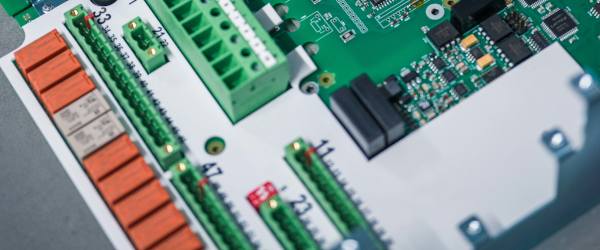
Info Letter No. 5: Zero sequence voltage in three-phase networks
With balanced network operation and inequality of the impedances in the consumer circuit, the phase…

Info Letter No. 4: Summation of Alternating Currents
For the parallel connection of power sources, the principle of superposition applies, when all resources…

Info Letter No. 3: The E-coil in general
The earth fault compensation coil, e-coil or also called the Petersen coil after its inventor, is connected…
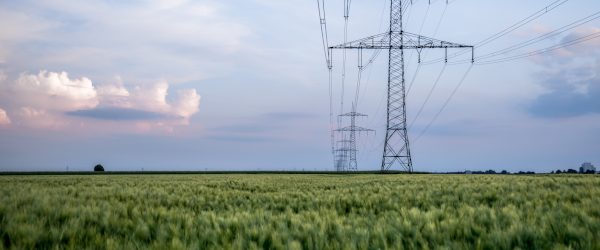
Info Letter No. 2: Measurement Transformers in three-phase networks (Part 2)
In a symmetrically loaded three-wire three-phase network, a two-pole insulated voltage transformer…

Info Letter No. 1: Measurement Transformers in three-phase networks (Part 1)
The direct connection of measuring devices into the network is limited for safety reasons to values…

»EORSys« Webinar: Short-Circuit & Earth Fault Detection in Digital & Analog Substations
Webinar recording from 2024-05-07: »EORSys – Short-Circuit & Earth Fault Detection in Digital & Analog Substations«.

»PQSys« Webinar: PQ-Monitoring & Feeder Current Measurement in Low-Voltage Grids
Webinar recording from 2024-04-17: »PQSys – PQ-Monitoring & Feeder Current Measurement in Low-Voltage Grids«.
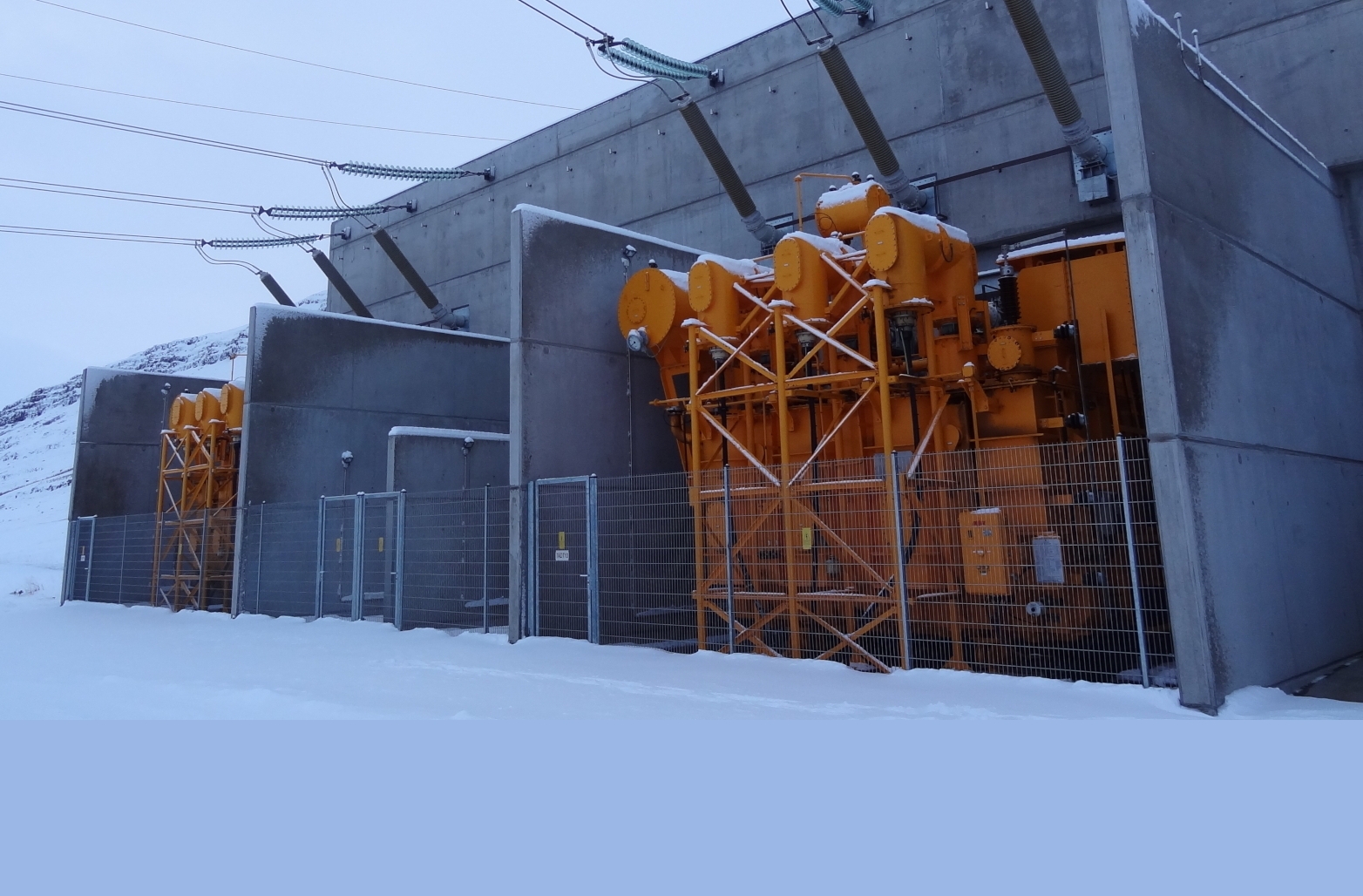
REGSys® Parallel Regulation of Transformers with Tap-Changers
The regulation of transformers with tap changers is an essential subject within the field of power supply and distribution. Today these tasks are accomplished electronically with high regulation quality. Digital regulators, such as the freely programmable REGSys® voltage regulator system, are in use.

»LVRSys®« Webinar: The Solution for Voltage Stability Problems | Integrate Electromobility, PV & Heat Pumps
Webinar recording from 2024-03-19: »LVRSys® – The Solution for Voltage Stability Problems | Integrate Electromobility, PV & Heat Pumps«.
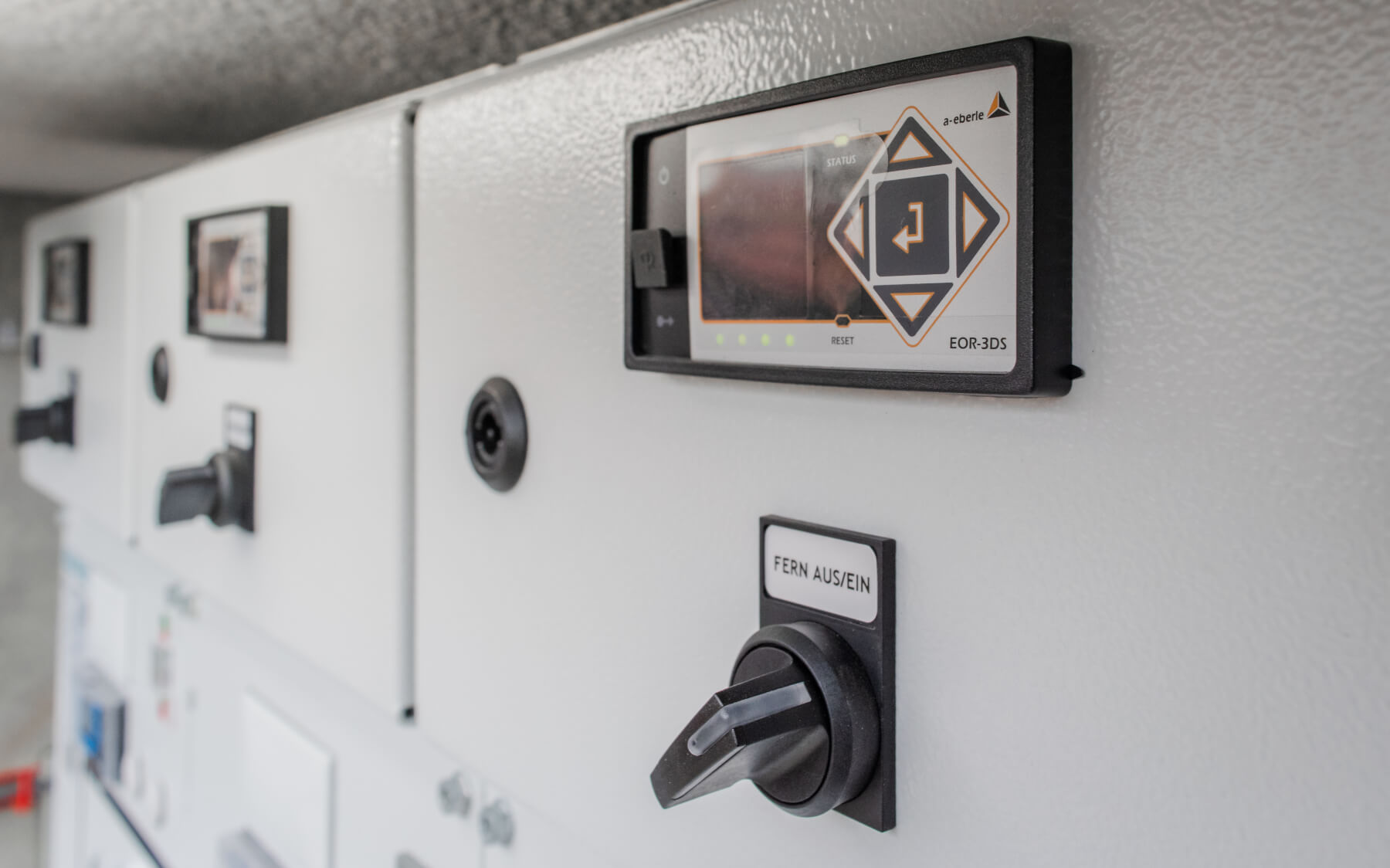
Cost Efficient Management of Digital Secondary Substations: Earth Fault Indicator EOR-3DS as Digitisation Unit for Secondary Substations
Digital secondary substations are becoming a key element for distribution system operators in terms of automation, monitoring, and efficient operations of their networks. Read this technical report about the EOR-3DS in its role as digitisation unit for secondary substations.

»PQMobil« Webinar: Grid Analysis in Public & Industrial Power Grids with A. Eberle PQ-Boxes
Webinar recording from 2024-02-22: »PQMobil – Grid Analysis in Public & Industrial Power Grids with A. Eberle PQ-Boxes«.

»LVRSys®« Webinar: The Solution for Voltage Stability Problems in Low-Voltage Grid
Webinar recording from 2023-06-06: »LVRSys® – The Solution for Voltage Stability Problems in Low-Voltage Grid«.

Ferrari´s Meter vs. Electronic Meter
This technical report analyzes a power measurement at a large industrial customer. The customer records very high currents and fifth harmonic voltages during production time, which leads to poor voltage quality.

»LVRSys®« Webinar: The Solution for Voltage Stability Problems in Industrial Facilities
Webinar recording from 2023-06-06: »LVRSys® – The Solution for Voltage Stability Problems in Industrial Facilities«.

Angle determination of voltage and current harmonics in practice
Today’s devices and equipment such as switched-mode power supplies, frequency converters, regulated drives, charging devices for e-mobiles or LED lighting work internally with high clock frequencies in order to regulate power efficiently. These can lead to both conducted and field-bound (coupled) influences in the energy grid. In this technical report, we explain how you can detect these sources of interference in the grid using suitable measuring technology.
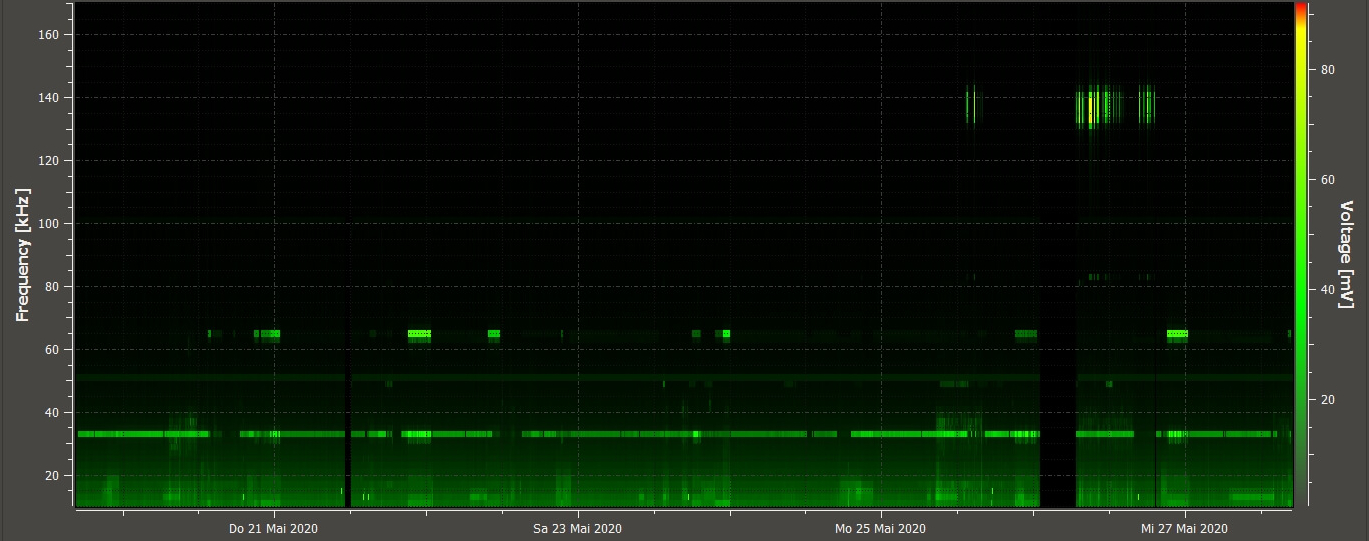
All „Supra“ with your grid?
Today’s devices and equipment such as switched-mode power supplies, frequency converters, controlled drives, charging devices for e-mobiles or LED lighting work internally with high clock frequencies in order to regulate power efficiently. These can lead to line-borne as well as field-borne (coupled) interference in the power grid. In this technical report, we explain how you can detect these sources of interference in the grid using suitable measurement technology.
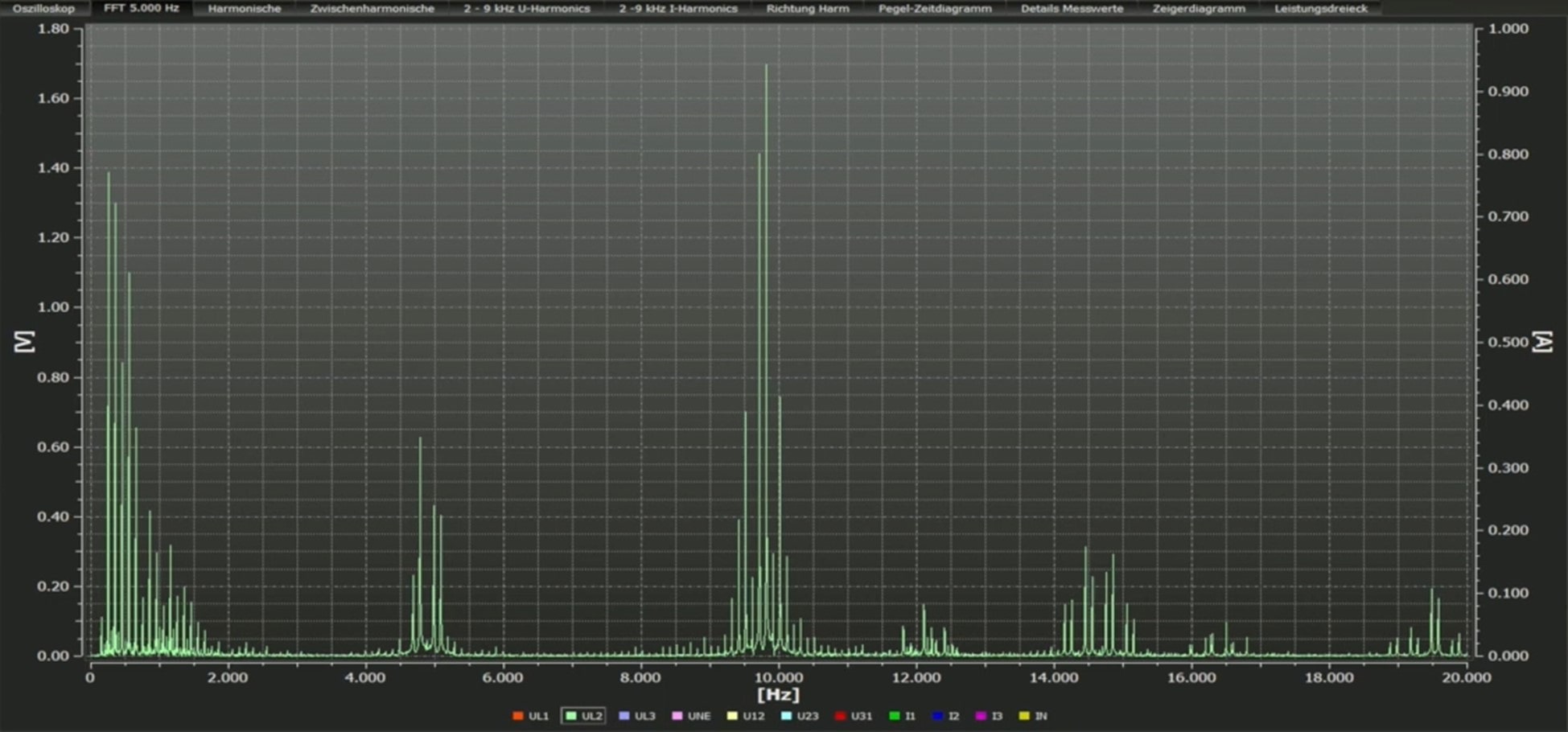
Power Quality Analysis: Tips and Tricks II
Useful tips & tricks for handling Power Quality measuring devices and typical user errors – now in our two-part article! This article provides further insights and practical tips and application examples for power quality analysis.
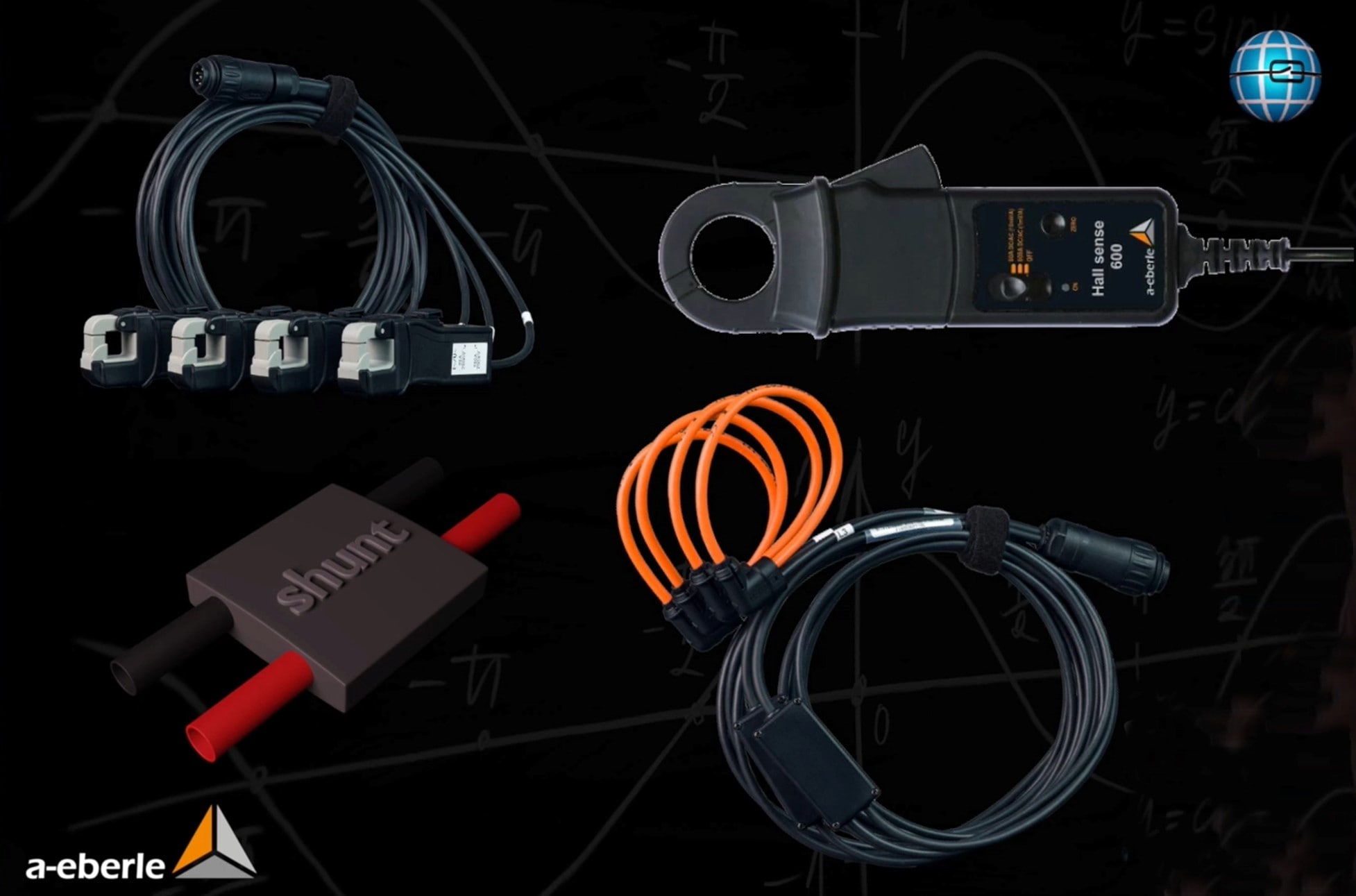
Power Quality Analysis: Tips and Tricks I
Useful tips & tricks for handling Power Quality measuring devices and typical user errors – now in our two-part article! This article explains tips and tricks for performing power quality measurements. It explains which connection errors can be made and which preliminary considerations should be made before using a measuring device.
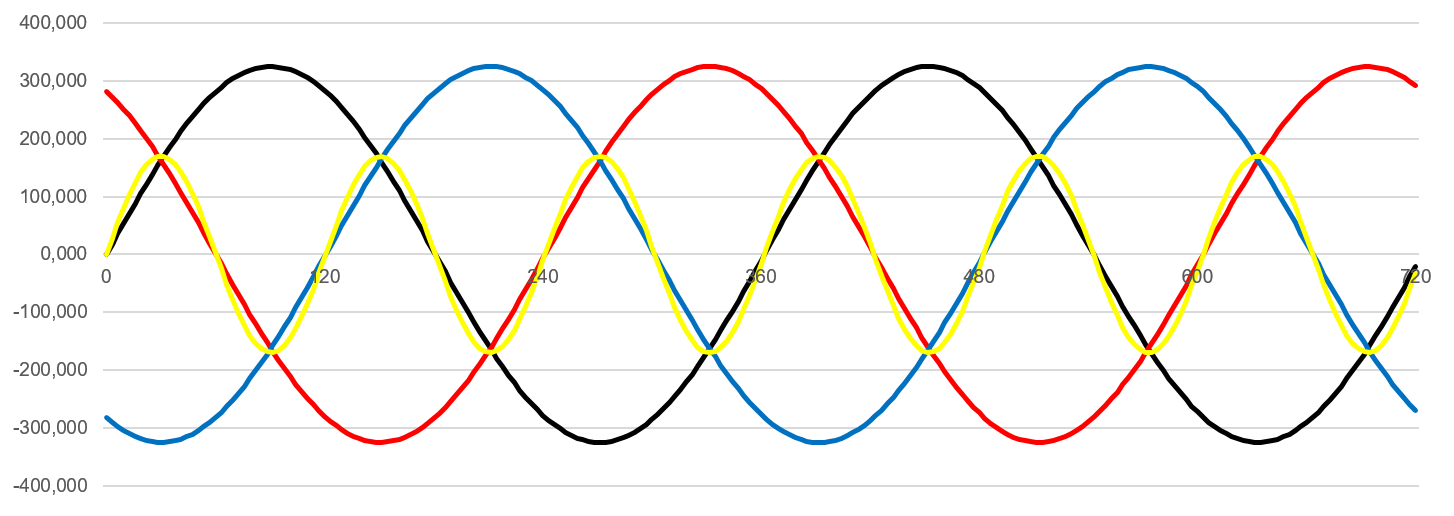
Four ways to measure current
The following technical report examines various methods for measuring current. It discusses how currents are measured using power analyzers and current clamps. The respective advantages and disadvantages of different technologies such as shunts, normal current clamps, hall effect sensors, etc. ar also evaluated.
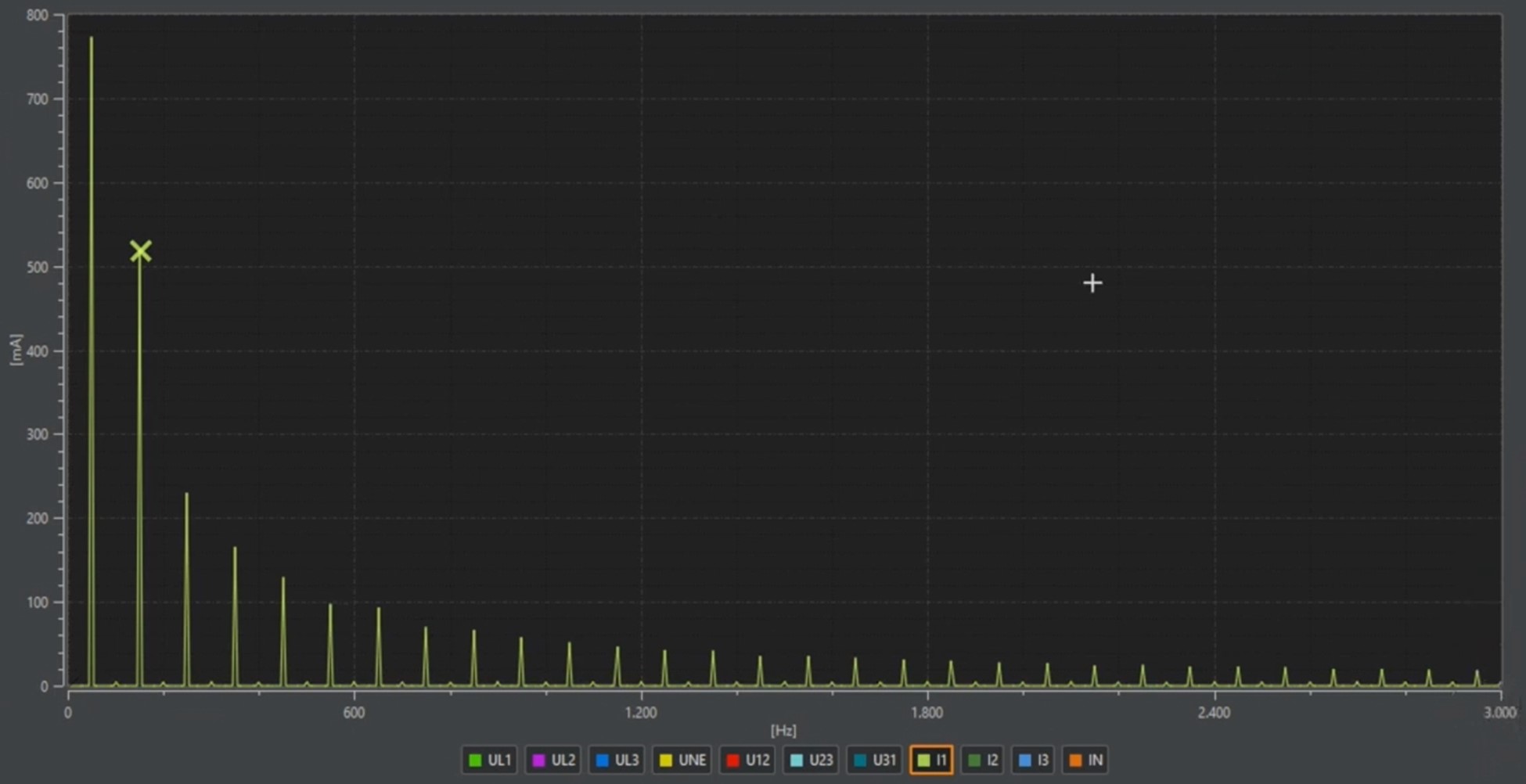
Cos ϕ vs. power factor λ – Practice
This second technical report on the subject of reactive power and in particular the distortion reactive power supplements the first contribution “Cos ϕ vs. power factor λ – Theory”. In this article, the voltage and current of an incandescent lamp are measured in an online measurement using a power analyzer.
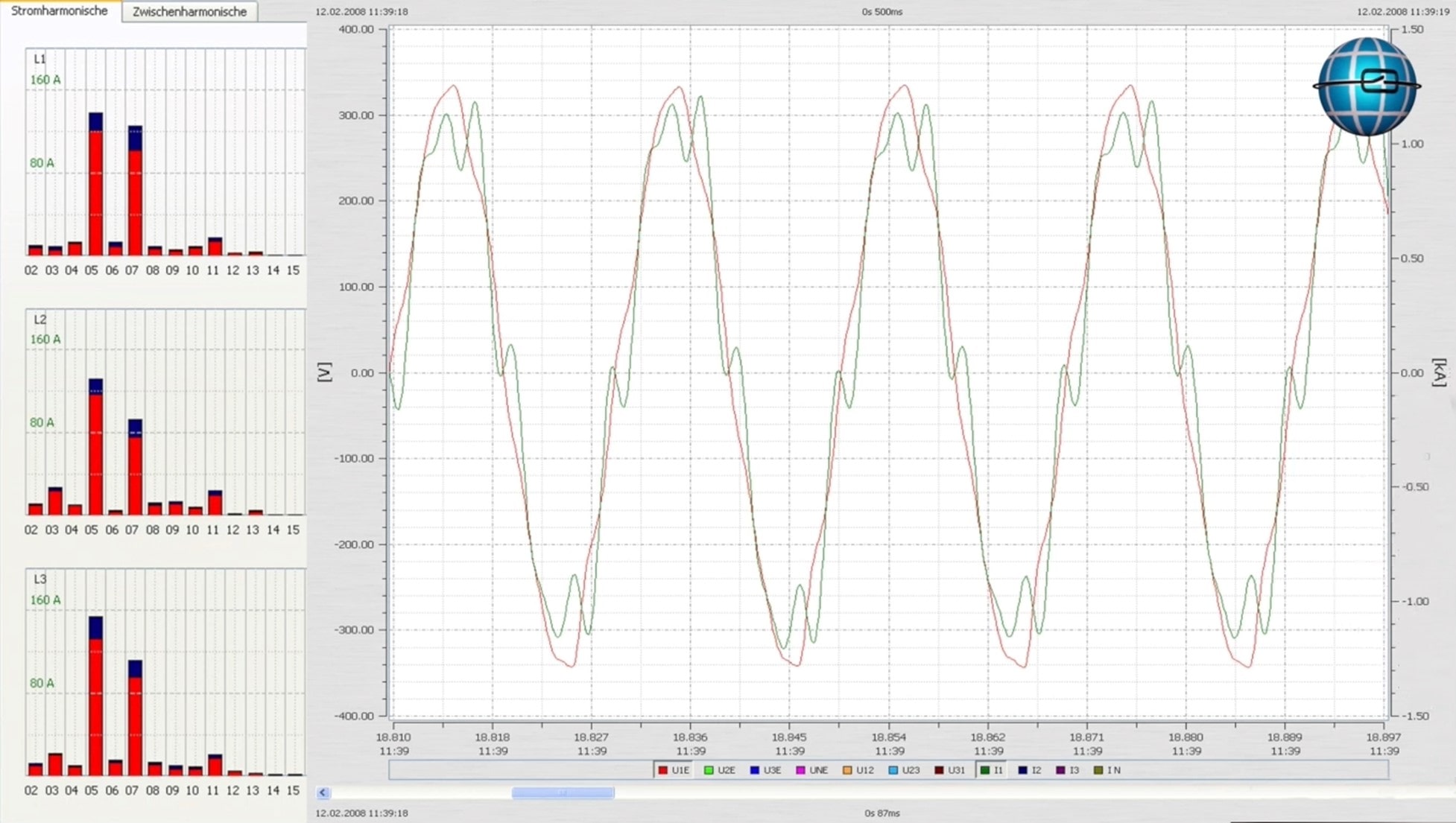
Cos ϕ vs. power factor λ – Theory
This technical report discusses the distinction between power factor and cosine phi. Cosine Phi, formerly widely known as the ratio of active power to apparent power, however, has a different meaning for many consumers today.

Innovative & economical “system solutions” in the age of energy grid transformation
The transformation of the energy industry from a centralized structure to a decentralized energy supply is creating complex energy networks with volatile load flows and changing load flow directions. Grid feedback effects must be reduced to a tolerable level to avoid negative effects.

Mains feedback interferes with protective devices
In a photography and design studio, located in a large industrial park, a RCD tripped frequently. Due to the permanent power cuts, the employees of the studio could not work properly. This article shows how we found a solution for this problem using our Power Quality devices.

Creating Power Quality surveys with PQ-Box and WinPQ mobil software
The following report displays the PQ-Box and WinPQ mobil software interact to allow an evaluation of the disturbance levels at a measuring point according to approved grid norms.

Measurement of voltage distortions in industrial grids with the PQ-Box 50
It is important to find disturbances in the system in a fast and reliable way. This report shows an example for trouble shooting with the Power Quality analyzer PQ-Box 50.

Power Quality Measurements: The Third Harmonic
This special publication intends to illustrate a typical power quality measurement and the aspects, which should be taken into consideration conducting the measurements.
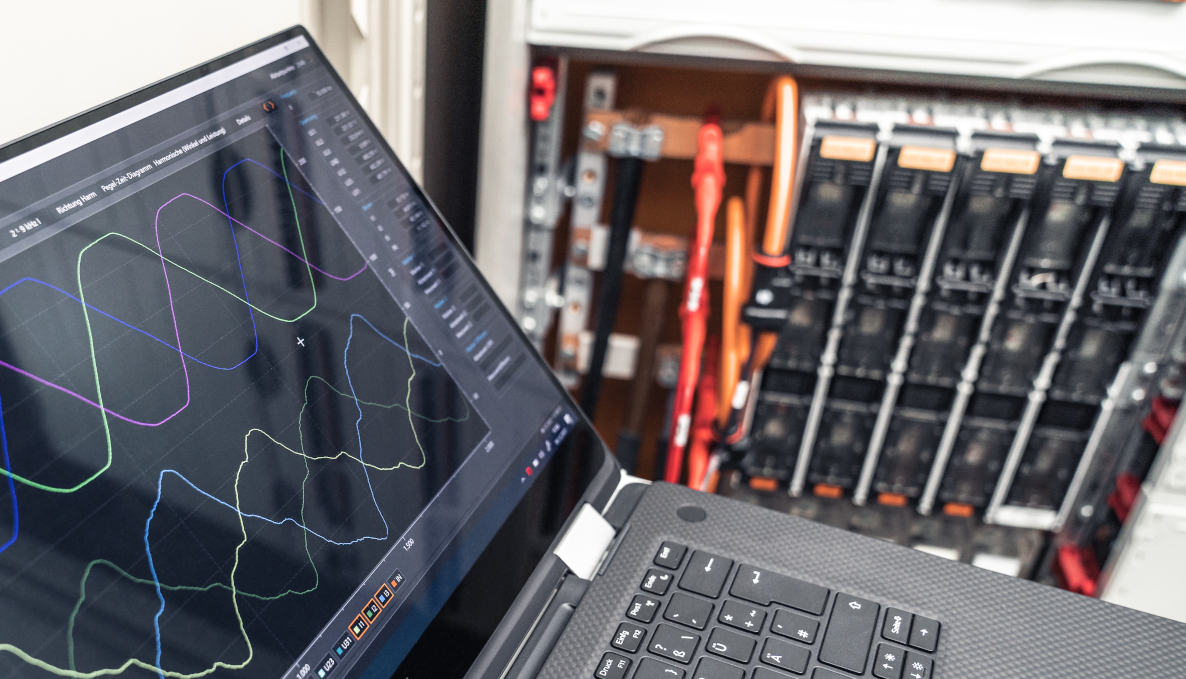
Power Quality Measurements: The N-Conductor & Harmonics
In power quality measurements, odd harmonics such as the 15th, 21st & 27th are often violated. What are harmonics anyway, how does this circumstance occur and what influence does this have on the neutral conductor.

Changes in Energy Technology – Part 2
Standards play a major role for power quality measurements. Accordingly, it is essential that these standards are also adapted to the new conditions in the course of the change in energy technology.

Changes in Energy Technology – Part 1
In this article we discuss the current changes in the energy technology. In addition, we will look on the effects of grid repercussions and what influence they have on measuring devices with which we detect faults in the grid.
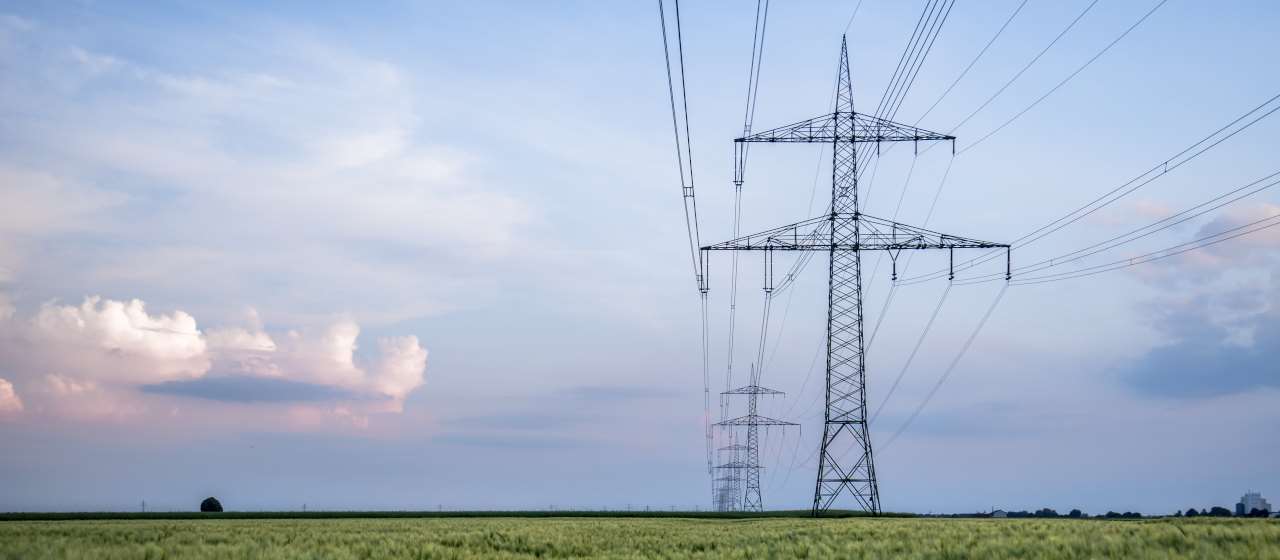
Performance increase in the distribution grid
Due to economic unreasonableness, grid operators are rejecting applications to connect PV systems in the low-voltage grid more often. The responsible grid planners are guided by the connection guideline VDE-AR-N 4105, in which decentralized generation facilities may only raise the voltage level in the low-voltage grid by 3% compared to the previous situation.

Economic Analysis Low Voltage Regulation
Smart Grids and the resulting changes in the distribution grids face many distribution grid operators with different challenges. These include…

Parallel Charging of E-Vehicles
he Technische Hochschule Bingen (THB) charged e-vehicles in parallel at ten charging points. What was of interest here was measuring the charging current and its effect on the THB network; to determine pulse frequencies and their distribution across the network and to assess network asymmetries…

Evaluating Supraharmonics up to 150 kHz in E-Vehicles at TH Bingen
In the first part of the measurement campaign in 2016, various e-vehicles were assessed as to their charging behaviour and feedback to the network. The evaluation considered DC harmonics up to the 50th…
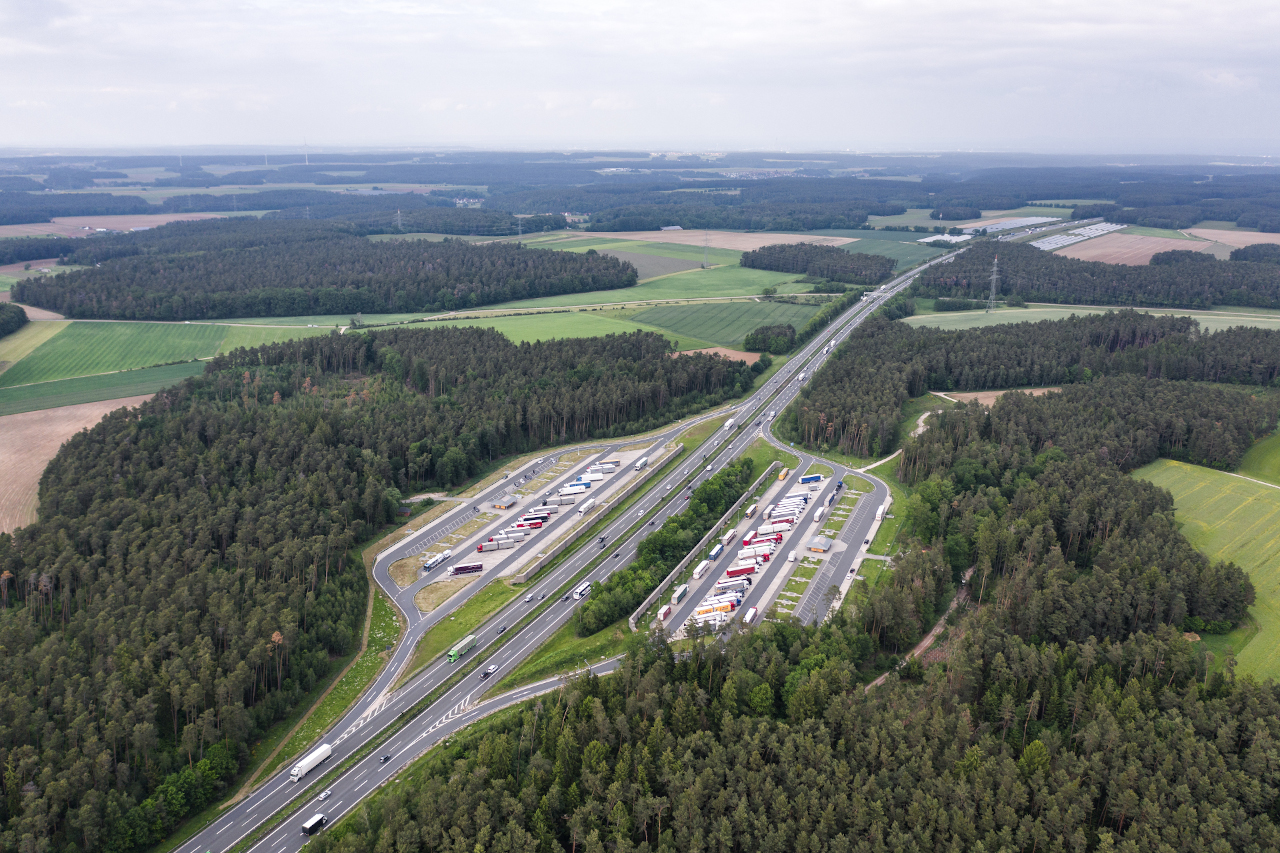
Pilot Project on a Motorway Parking Lot
In 2018, the “Auergründel” PWC (car park with WC) on the A6 suffered repeat failures of its fresh and waste water pumps…
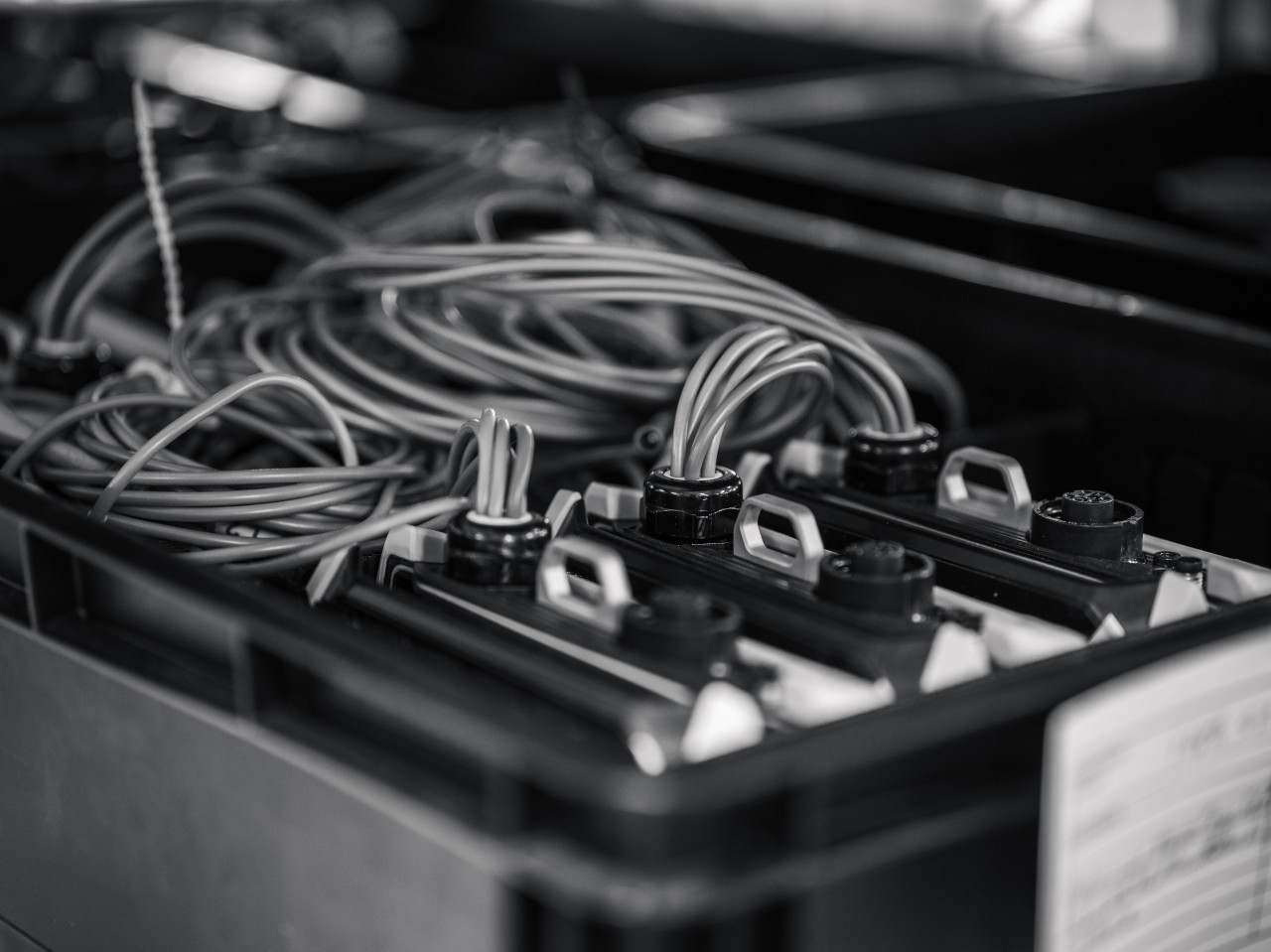
Power Quality Under the Microscope
The transition in the generator and consumer structure of Central European electrical grids is in full swing…
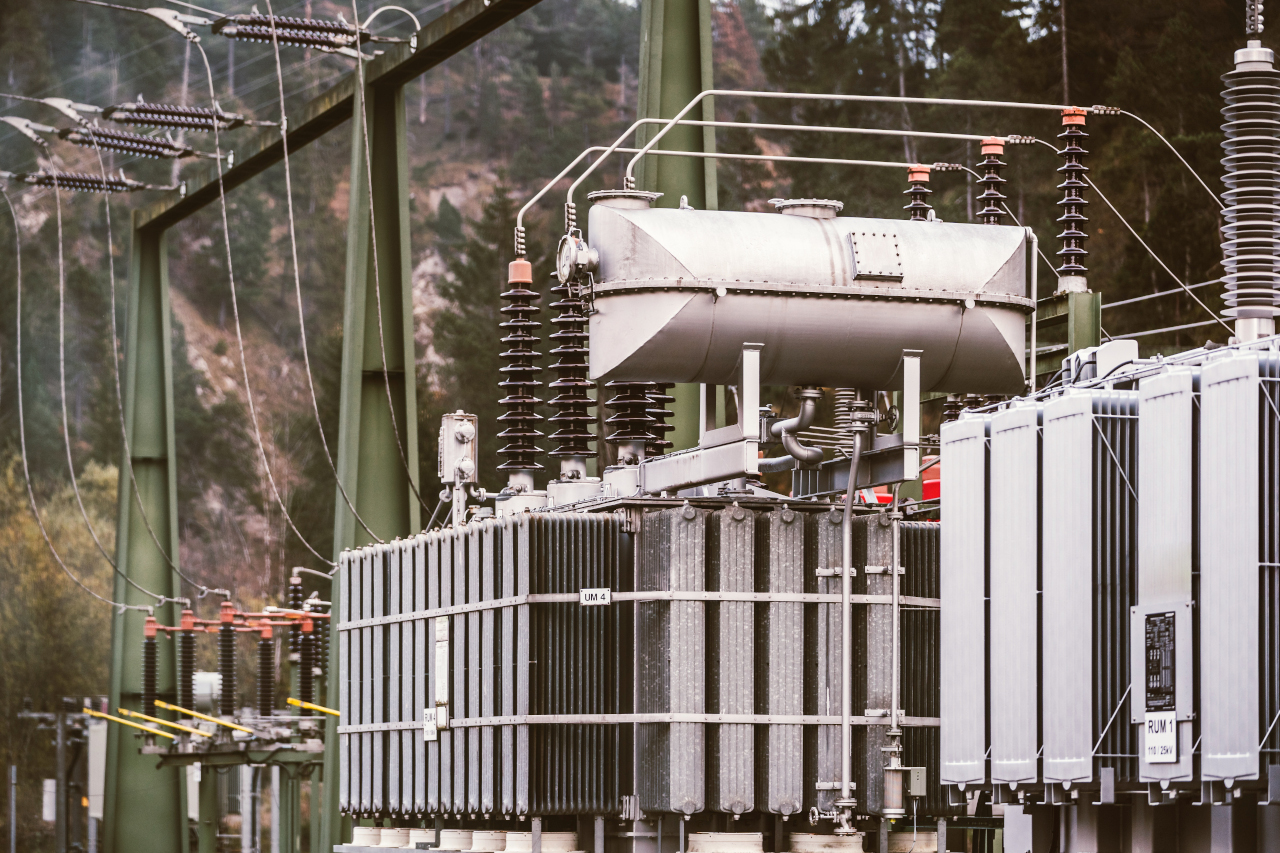
Safely Regulate the Load Flow
Phase-shifting transformers or shunt regulators are special power transformers. They allow the active power flow (load flow) in alternating current networks to be controlled. During tapping, the …

Voltage Quality at all Network Levels
Extending networks will not come cheaply. For the distribution system alone, the Federal Grid Agency estimates costs of around…

Emergency Power Supplies in Hospitals and Data Centres
According to DIN VDE 0100 part 710, if the voltage over one or more external cables providing the general power supply to a hospital falls to less than 90% of the nominal grid voltage for a period of more than 0.5s, the power supply must be
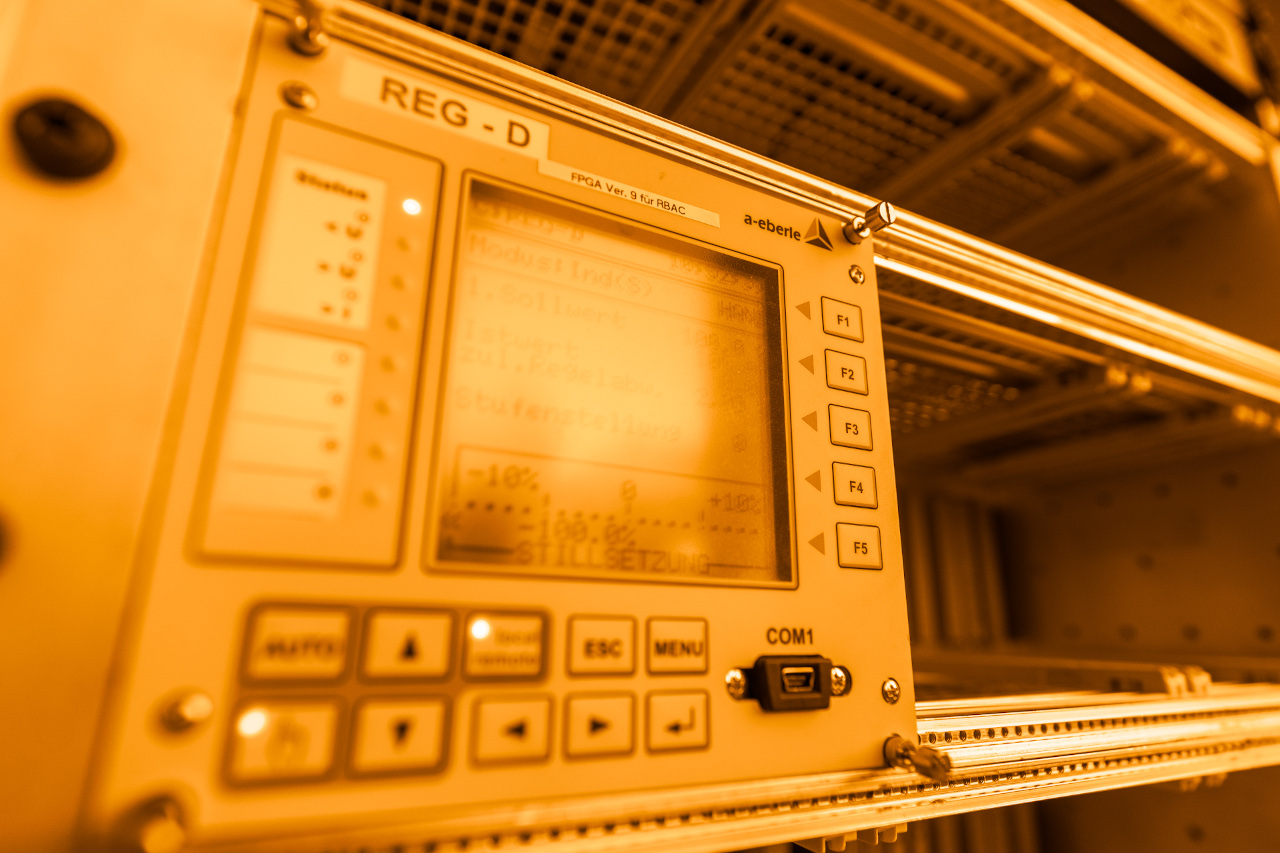
The REGSys® Triple-Wound Feature
Since then, it has become possible to use the feature for other application such as so-called “energetic recovery” or to implement applications requiring a second voltage (U1, U2) and current (I1, I2) measurement. In these…
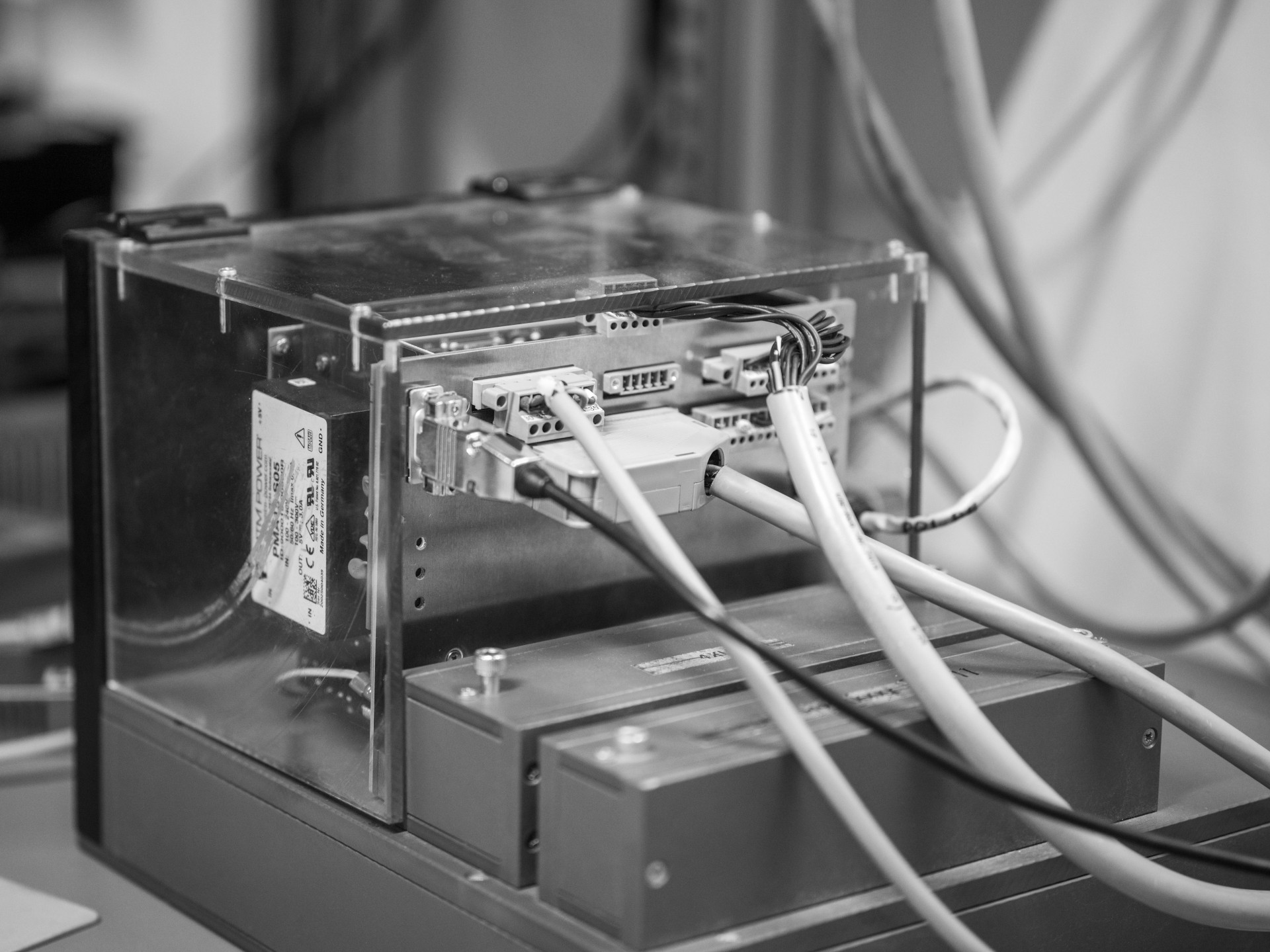
Power Quality Detectives
Modern measurement technology makes an important contribution to the power quality of low-voltage networks. Without it, we could not make statements about the quality of individual power characteristics, nor find the causes of faults. It was for this reason that the decision was taken in early 2001…

